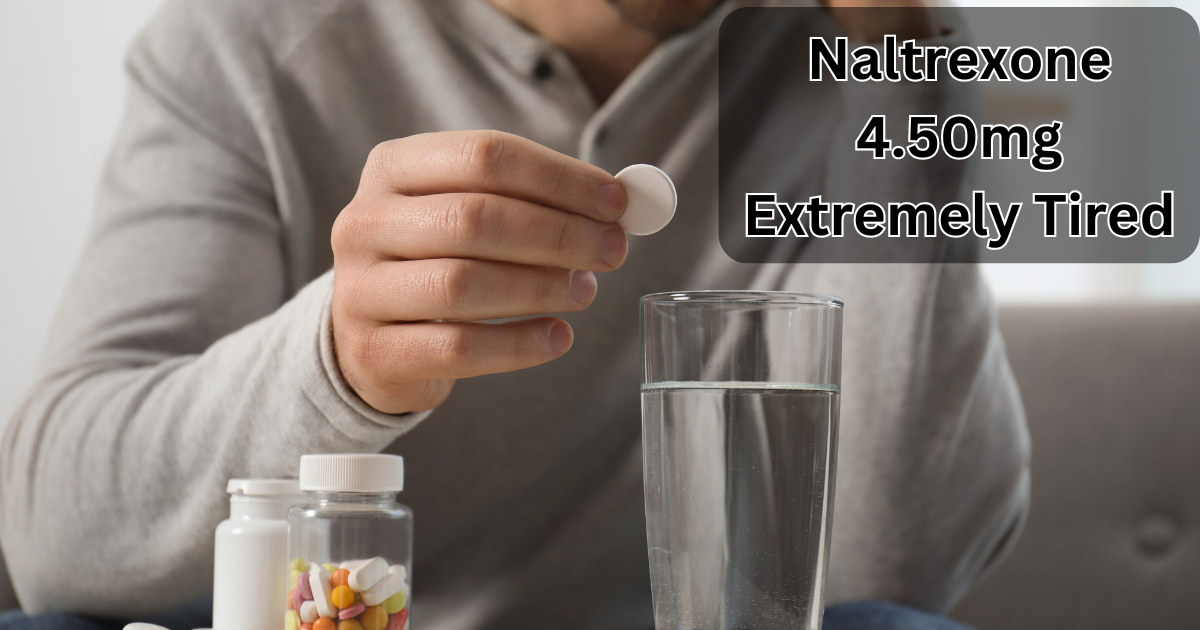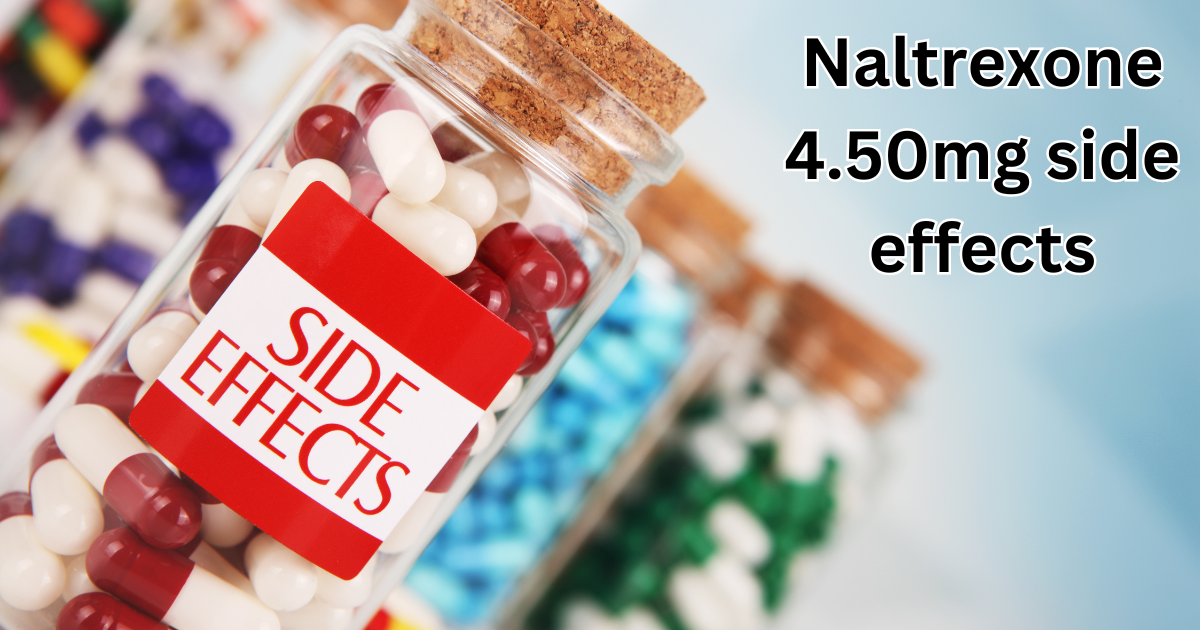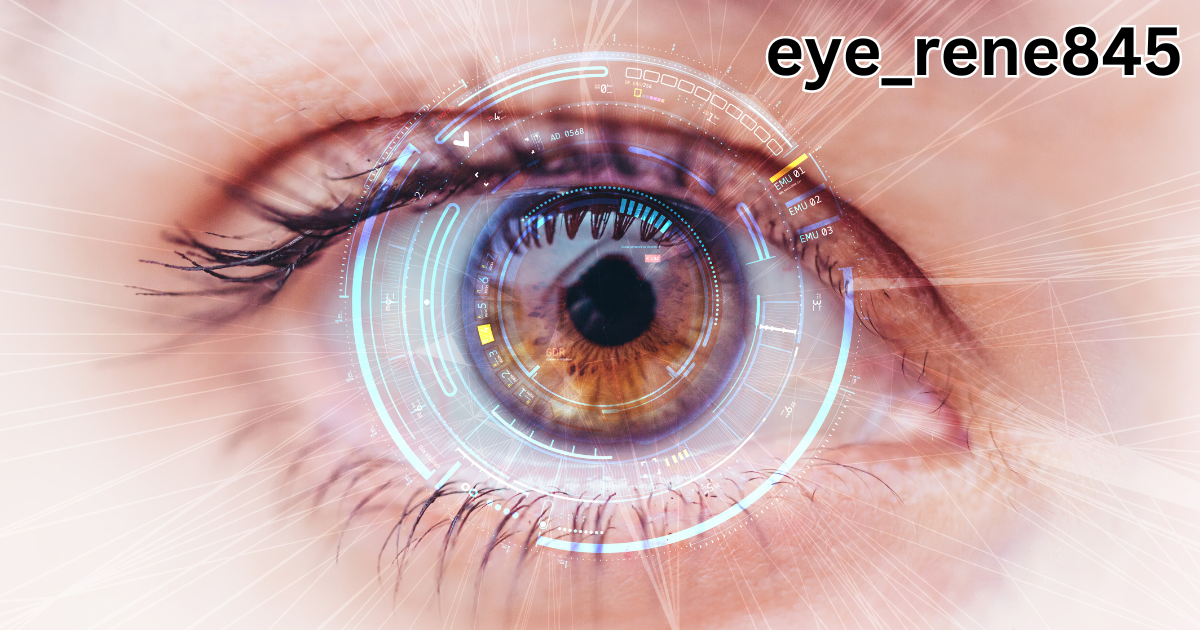Naltrexone 4.50mg is a low-dose form of a drug commonly used for addiction treatment, but it has gained popularity for its off-label use in managing chronic pain, autoimmune conditions, and mental health disorders. Despite its many benefits, one of the most reported side effects is Naltrexone 4.50mg extremely tired. This article explores the link between Naltrexone 4.50mg and feelings of extreme fatigue, how to manage it, and whether you should be concerned.
What is Naltrexone?
Naltrexone is an opioid receptor antagonist primarily used to treat opioid and alcohol dependence. It works by blocking the euphoric effects of opioids and reducing cravings, making it an effective tool for recovery. It is also used in lower doses, known as low-dose Naltrexone (LDN), for a wide range of conditions.
Naltrexone 4.50mg: Low-Dose Specifics
Low-dose Naltrexone (LDN), typically around 4.50mg, is used off-label to treat conditions such as fibromyalgia, chronic pain, multiple sclerosis, and other autoimmune disorders. This lower dosage has shown potential in regulating the immune system, reducing inflammation, and alleviating chronic symptoms.
The Use of Naltrexone 4.50mg for Various Conditions
Chronic Pain and Autoimmune Disorders
Low-dose Naltrexone has shown promise in managing chronic pain and autoimmune disorders. Many patients report significant improvement in pain levels and quality of life with Naltrexone 4.50mg. It helps modulate the immune system, reducing the overactivity associated with autoimmune conditions like rheumatoid arthritis and lupus.
Naltrexone and Mental Health
Naltrexone has been studied for its potential in mental health management, including depression and anxiety. Its anti-inflammatory properties may have neuroprotective effects, which can improve mood and reduce symptoms of anxiety or depression, especially in patients with co-occurring autoimmune conditions.
Naltrexone for Addiction Management
At higher doses, Naltrexone is widely used for treating opioid and alcohol addiction. By blocking opioid receptors, it prevents the “high” associated with these substances, helping individuals in recovery maintain sobriety. The 4.50mg dose, however, is too low to provide these effects but still plays a role in overall health management.
Naltrexone 4.50mg and Fatigue: An Emerging Concern
Does Naltrexone 4.50mg Make You Extremely Tired?
One of the most frequently reported side effects of Naltrexone 4.50mg is fatigue. While not everyone experiences this, many users report feeling extremely tired after starting the medication. This side effect can vary from mild tiredness to extreme exhaustion, disrupting daily activities.
Why Do Some People Feel Extremely Tired After Taking Naltrexone 4.50mg?
The exact reason why Naltrexone 4.50mg causes fatigue is not fully understood, but it may be related to how the drug affects the central nervous system. By interacting with opioid receptors, Naltrexone alters neurotransmitter activity, which may lead to drowsiness or extreme tiredness, especially during the adjustment phase.
Common Side Effects of Naltrexone 4.50mg
General Side Effects of Naltrexone
Beyond fatigue, Naltrexone users may experience other side effects. Common symptoms include headaches, nausea, dizziness, and sleep disturbances. These side effects are generally mild and tend to subside as the body adjusts to the medication.
Fatigue as a Prominent Side Effect
Fatigue, however, is one of the more prominent and persistent side effects, especially in those taking low-dose Naltrexone for chronic conditions. While many patients find that fatigue lessens over time, for others, it remains a significant issue that requires management.
Fatigue vs. Other Symptoms: Differentiating Causes
Fatigue from Naltrexone 4.50mg or Underlying Condition?
It’s important to determine whether the extreme tiredness you are experiencing—often referred to as Naltrexone 4.50mg extremely tired—is due to Naltrexone itself or your underlying health condition. Fatigue is a common symptom of chronic illnesses like fibromyalgia or autoimmune disorders, making it challenging to distinguish whether Naltrexone is exacerbating your existing symptoms.
Comparing Fatigue on Naltrexone 4.50mg with Other Medications
Comparing Naltrexone to other medications, it’s clear that it is not the only drug that may cause fatigue. However, some patients find that the tiredness associated with Naltrexone 4.50mg is more pronounced than with other medications they’ve tried.
Managing Extreme Tiredness on Naltrexone 4.50mg
Tips to Combat Fatigue When Using Naltrexone 4.50mg
If you find yourself feeling extremely tired on Naltrexone 4.50mg, there are strategies you can try to reduce the impact of this side effect. Staying active during the day, improving your sleep hygiene, and maintaining a balanced diet can help combat fatigue. Regular exercise, even in small amounts, can improve energy levels.
Medical Advice on Reducing Naltrexone-Induced Fatigue
If lifestyle adjustments don’t help, you should consult your healthcare provider. They may recommend adjusting the timing of your dosage or lowering the dose slightly to reduce fatigue. In some cases, a gradual increase in the dose may help the body adjust to the medication with fewer side effects.
Naltrexone 4.50mg Extremely Tired: User Experiences
Real-Life Testimonials of Users Feeling Extremely Tired
Many users have shared their experiences of feeling tired after starting Naltrexone 4.50mg. For some, the tiredness is temporary, lasting only a few weeks, while others report ongoing fatigue. However, most agree that the benefits of the medication, such as pain relief and improved mood, often outweigh the tiredness.
How Long Does Fatigue Last with Naltrexone 4.50mg?
The duration of fatigue varies from person to person. Some people experience tiredness only during the first few weeks of taking Naltrexone 4.50mg, while others may struggle with this side effect long-term. It’s important to monitor how long the fatigue persists and report it to your doctor.
Alternatives to Naltrexone 4.50mg for People Prone to Fatigue
Exploring Other Medications for Similar Conditions
If the fatigue becomes unbearable, your doctor may recommend alternative treatments for your condition. Medications like gabapentin, Lyrica, or certain antidepressants may be effective without causing the same level of tiredness.
Holistic and Natural Approaches to Combat Fatigue
Holistic approaches, such as acupuncture, mindfulness, and dietary supplements like magnesium or B vitamins, can also help manage fatigue. These methods can complement Naltrexone treatment or serve as alternative options.
Should You Stop Taking Naltrexone 4.50mg if Extremely Tired?
When to Consider Stopping Naltrexone 4.50mg
If the fatigue from Naltrexone 4.50mg significantly impacts your quality of life, you may need to consider discontinuing the medication. Always consult your healthcare provider before making any changes to your treatment plan.
Potential Risks of Stopping Naltrexone
Abruptly stopping Naltrexone can lead to withdrawal symptoms and may cause a resurgence of the symptoms it was treating. Your doctor can help you safely taper off the medication if necessary.
Conclusion
Naltrexone 4.50mg offers significant benefits for managing chronic conditions, but Naltrexone 4.50mg extremely tired is a common side effect that can affect daily life. By balancing the pros and cons of the medication and exploring ways to reduce fatigue, you can make an informed decision about whether to continue its use.
If you experience extreme tiredness on Naltrexone 4.50mg, don’t hesitate to discuss it with your healthcare provider. With proper management and a tailored approach, you may find that Naltrexone remains a beneficial part of your treatment plan.









